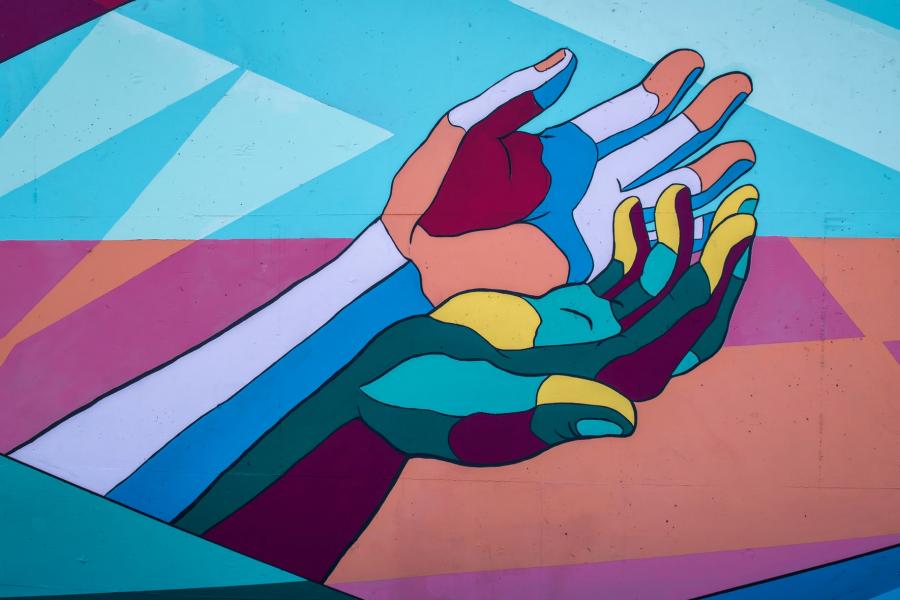
Obsessive compulsive disorder (OCD) is a chronic mental health condition in which uncontrollable obsessions lead to compulsive behaviour. Obsessions revolve around fears (e. g. fear of germs), the need for symmetry, or unwanted thoughts related to taboo subjects or self-harm. Compulsive behaviour causes repetitive actions like frequent washing of hands, rearranging things, and repetition of words. This condition can cause frequent work absenteeism, loss of quality of life, health issues, personal distress, family disruptions, and social embarrassment.
While the exact cause of this condition is as yet unknown, it is believed that genetics, changes in brain structure and function, and an unhealthy environment, may contribute. This condition usually manifests in teenage or young adult years. While most affected individuals are otherwise completely normal, a few may have concurrent mental health issues like anxiety, depression, bipolar disease, schizophrenia, substance abuse disorder, or tics. A diagnosis is usually made using psychological evaluation while doing a clinical examination and laboratory tests to rule out other conditions.
Treatment in the modern (Allopathic) system of medicines is with medications and therapy. Medications include selective serotonin reuptake inhibitors and tricyclic antidepressants, such as fluoxetine, fluvoxamine, paroxetine, sertraline and clomipramine. Cognitive behavioural therapy (CBT) is considered quite effective for OCD management. It addresses the relationship of thoughts, feelings and behaviours. Exposure and response prevention is a type of CBT in which the therapist helps the client improve coping skills by a gradual exposure and practice in handling the situation or thoughts. Patients who have delusional or suicidal thoughts, and concurrent psychoses, may require hospitalization. Support groups help to cope with the condition and also with rehabilitation.
Most people affected with OCD usually first approach a psychiatrist for medical help. However, many do not continue with the treatment either because the drugs do not suit them well, or they are too concerned with the perceived stigma of taking psychiatric medication. CBD is also not suitable for many as a treatment approach, especially patients with a poor academic background. Ayurvedic herbal treatment can help all such individuals cope with their medical and mental issues and overcome the root cause of their OCD. The medicines help control the obsessions as well as the compulsive behaviour.
Patients having severe symptoms or showing concurrent symptoms of mental health illness need to be treated appropriately. Simple counselling or CBT can be combined with Ayurvedic herbal treatment to provide safe and effective long term therapy even to highly refractive patients. Ayurvedic treatment can be specially tailor-made to cater to the needs of individual patients. This includes simple herbal medicines acting on the brain and mind, medicines for body detoxification, and rejuvenative medicines to strengthen both the mind and body. Specifically, medicines which increase 'Oja' do help in controlling and treating the obsessions and compulsive behaviour associated with OCD.
Regular Ayurvedic treatment for six to eight months gives most people affected with OCD sufficient control and allows them freedom to enjoy their lives without the shackles of this affliction.